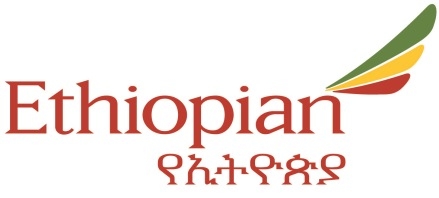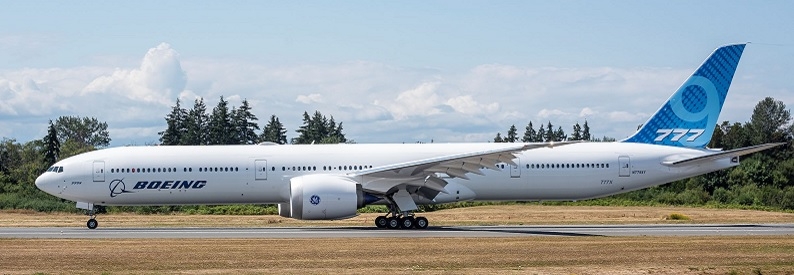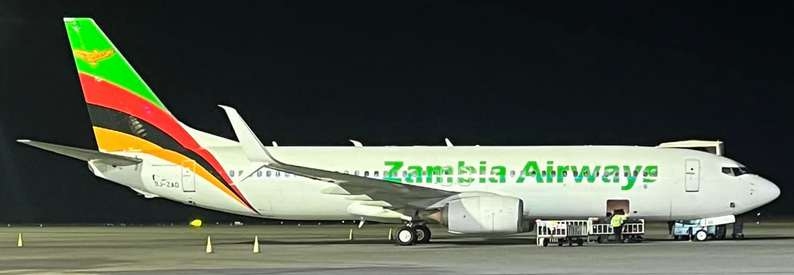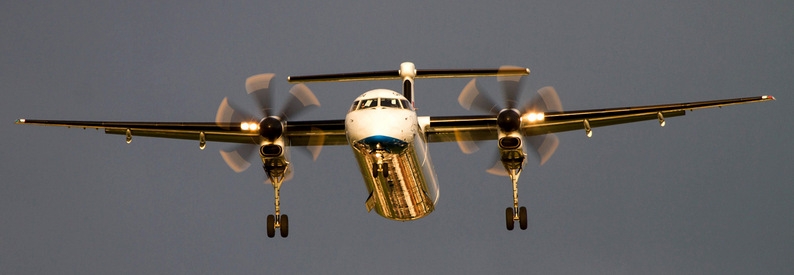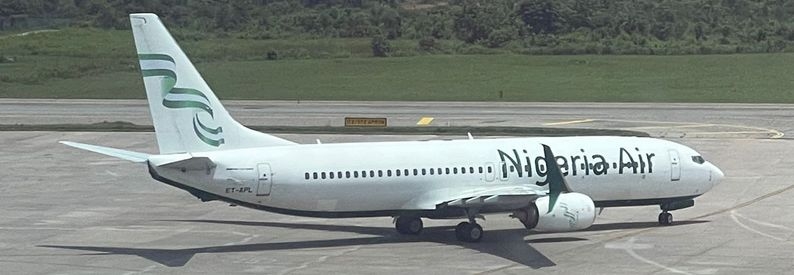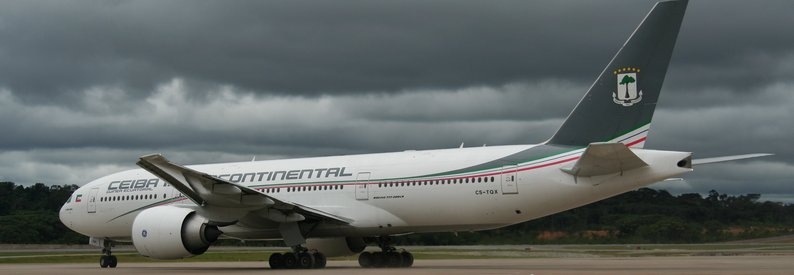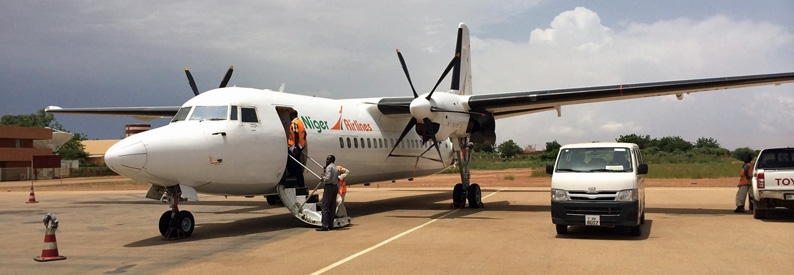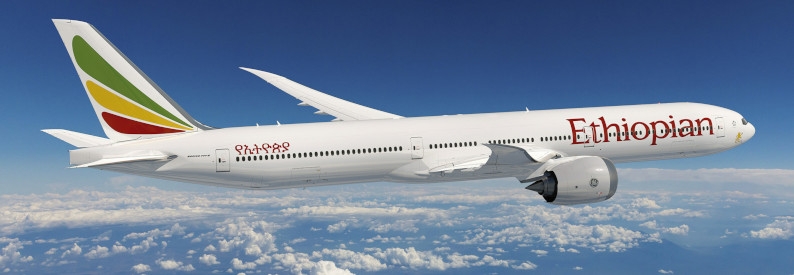The Ethiopian government has “temporarily” suspended plans for the partial privatisation of its flag carrier Ethiopian Airlines (ET, Addis Ababa International), following a review of its performance during the COVID-19 pandemic.
The announcement was made by Finance Minister Ahmed Shide during the presentation of the country's first quarter 2020 financial report in Addis Ababa. Shide told a press conference afterwards the government had revoked its 2018 decision for the partial privatisation of the state-owned airline because it continued to generate much needed foreign currency for the country amid the pandemic. He said Africa's largest airline would remain in the hands of the government "at least for the time being."
The airline previously reported a loss in earnings of USD900 million because of fewer passenger flights during the pandemic. It generated annual revenue of USD3.3 billion for the fiscal year ending July 2020. Government officials noted it was one of few airlines worldwide to stay relatively stable during the pandemic, primarily because it had shifted from passenger to cargo operations by converting 27 of its passenger aircraft to makeshift freighters. According to the ch-aviation fleets module, Ethiopian Airlines had an established cargo division of two B737-800(SF)s and nine B777-200Fs prior to the pandemic.
The partial privatisation of Ethiopian Airlines was due to be part of economic and political reforms ushered in after Prime Minister Abiy Ahmed came to power in 2018.
Other than Ethiopian Airlines, the government also has plans for the partial or full privatisation of selected state-owned enterprises, including Ethiopia’s railway service, Ethio Telecom, hydro plants, sugar factories, industrial parks, hotels, and maritime transport.
Ethiopian Airlines is currently wholly state-owned.
